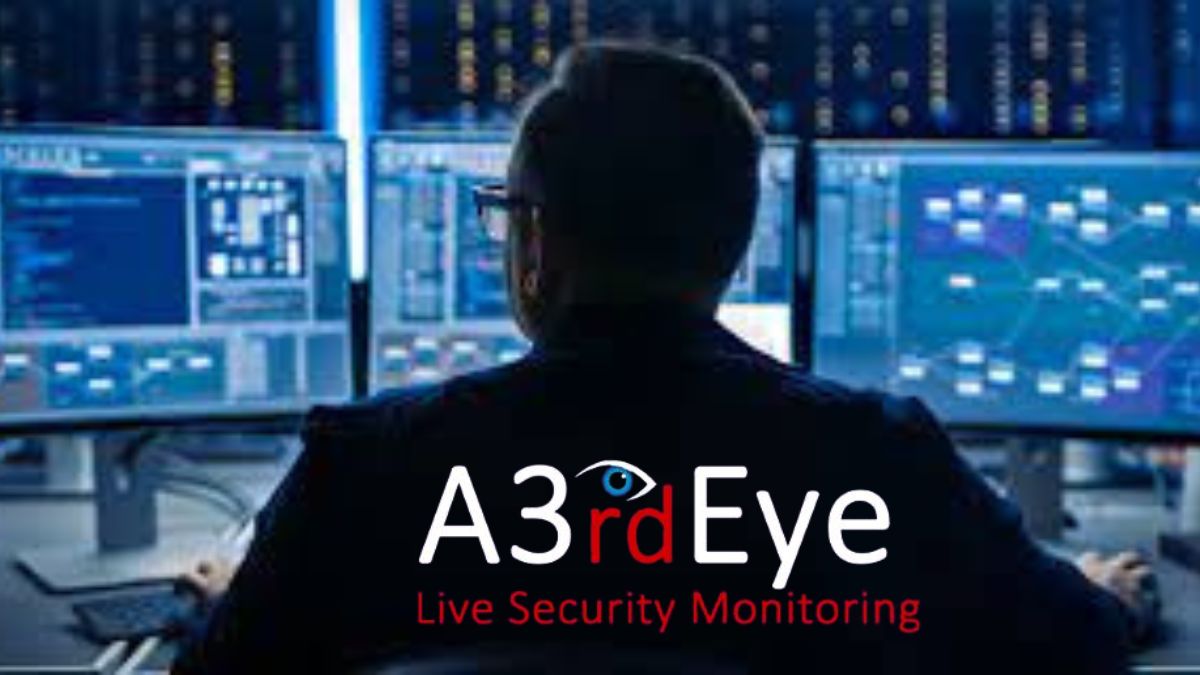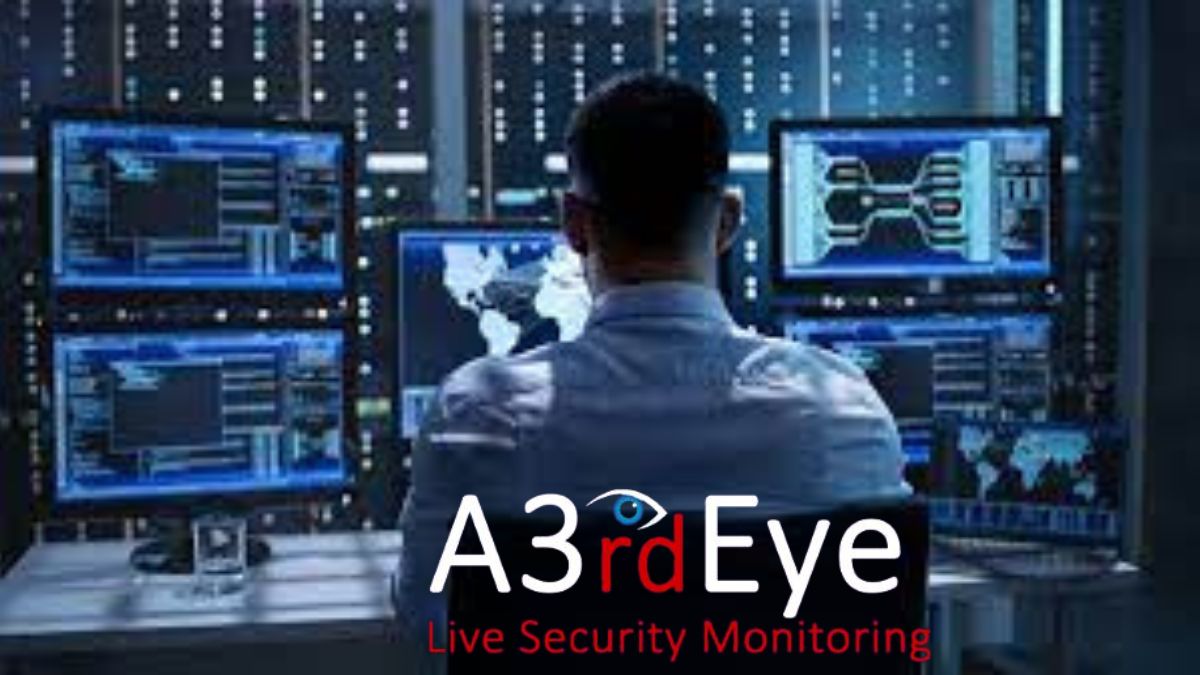
Cyber Security Solutions for Local Government
To better serve their constituents in a globally networked society, local governments are increasingly dependent on digital systems and technology. The shift to digital does, however, present additional difficulties, most notably in the realm of cyber security. There is a great deal of data and infrastructure at the disposal of local governments that must be safeguarded from cyberattacks. This piece will examine the critical nature of cyber security for municipal governments and the steps that must be taken to ensure the safety of their digital assets.
1. Introduction to Cyber Security Solutions for Local Government
Cyber security is essential for local government agencies in the modern digital age to prevent breaches in their systems, networks, and data. Local governments throughout the world have made it a top priority to deploy strong cyber security solutions in response to the growing number of cyber assaults against public institutions.
2. The Importance of Cyber Security for Local Government
All sorts of private information, from citizen profiles to bank records to maps of vital infrastructure, passes through the hands of local government agencies. Data breaches, service interruptions, financial loss, and a loss of public trust are just some of the potential outcomes of a successful cyber attack on a local government. In order to protect against these threats and guarantee the availability, confidentiality, and integrity of government services, it is crucial to invest in strong cyber security measures.
3. Common Cyber Security Challenges Faced by Local Government
When it comes to cyber security, local governments face a number of difficulties that are unique. The establishment and upkeep of effective defenses against cyber attacks is complicated by factors such as limited resources, a lack of committed IT personnel, and complex legal requirements. In addition, attackers can take advantage of security holes caused by the disjointed nature of local government activities.
4. Understanding the Threat Landscape
Understanding the ever-changing nature of threats is crucial for adequately protecting the systems used by local governments. Cybercriminals often go after municipal governments using phishing emails, ransomware, and social engineering. They obtain access illegally and cause disruption by taking advantage of security holes in out-of-date software, insufficient passwords, and human error. Proactive cyber security measures require constant monitoring of the threat landscape.
5. Essential Cyber Security Solutions for Local Government
Local governments confront unique cyber security concerns, however they can be mitigated with the following basic measures:
6. Implementing a Robust Firewall System
A firewall protects a local government’s network by blocking traffic from outside networks. By setting up and maintaining a firewall, local governments can regulate data flows, block harmful websites, and safeguard private information.
7. Deploying Intrusion Detection and Prevention Systems
Both Intrusion Detection Systems (IDS) and Intrusion Prevention Systems (IPS) assist in discovering possible attacks by monitoring network traffic for unusual behavior. Local government networks benefit from the use of both intrusion detection systems (IDS) and intrusion prevention systems (IPS), as IDS can identify and inform administrators about potential security breaches while IPS may actively block or mitigate those attacks in real time.
8. Conducting Regular Vulnerability Assessments and Penetration Testing
Local government systems and networks benefit greatly from routine vulnerability assessments and penetration testing. These evaluations use simulated assaults to evaluate security flaws and the efficacy of current defenses. Local governments can improve their security systems by proactively seeking out and fixing security flaws.
9. Educating Employees about Cyber Security Best Practices
One of the greatest weaknesses in cyber security is still human error. Governments at all levels should provide personnel with extensive cyber security awareness and training programs. Governments at the local level can lessen the likelihood of successful assaults by teaching employees to recognize and avoid phishing scams, use secure browsing techniques, and properly handle sensitive data.
10. Securing Data through Encryption and Backups
There is a great deal of sensitive information handled by local government agencies, and it must be safeguarded both while stored and in transit. Even if information is stolen or somehow compromised, encryption can prevent its misuse. Important information can also be recovered via regular backups in the event of data loss or ransomware attacks.
11. Establishing Strong Password Policies
Weak passwords are like a red carpet to cybercriminals. The risk of illegal access to local government systems can be greatly reduced with the implementation of strong password restrictions, such as length limits, complexity rules, and frequent password changes.
12. Implementing Multi-Factor Authentication
With Multi-Factor Authentication (MFA), users are required to give various forms of authentication before gaining access to systems or data, increasing the level of security. Even if passwords are hacked, the risk of unwanted access is much reduced when MFA is used by local governments.
13. Monitoring and Incident Response
Monitoring network and system activity in real-time is essential for spotting potential security breaches at their earliest stages. Security information and event management (SIEM) systems should be deployed at the municipal level to comb through logs in search of anomalous behavior. This facilitates rapid response to incidents and the reduction of associated losses.
14. Developing a Cyber Security Incident Response Plan
It is imperative for local governments to have a well defined cyber security incident response plan in the event of a security issue. In the event of a cyber assault, the strategy should lay out who will do what, how they will communicate, and what has to be done to stop the attack, find out what happened, and get back online.
15. Conclusion
cyber security is crucial for local governments to safeguard digital assets, guarantee continuous services, and preserve public trust. Local governments can improve their cyber security posture and reduce the risks posed by growing cyber threats by applying the critical solutions discussed in this article.
Firewalls are an important part of the cyber security infrastructure for every level of government.
When it comes to preserving sensitive information and preventing unwanted access, a firewall is an indispensable tool for every municipal government.
When it comes to cyber security, how can local governments best educate their staff?
Employees in local governments can benefit greatly from cyber security awareness and training programs that cover topics like spotting phishing schemes and properly securing personal information.
How does multi-factor authentication work, and why is it crucial for the cyber security of municipal governments?
If a user’s password is ever leaked, the risk of unauthorized access to their systems or data can still be minimized by using multi-factor authentication.
What components should be part of a cyber security incident response plan for local governments?
Roles and duties, channels of communication, and procedures for responding to and recovering from a cyber assault should all be specified in advance.
Why is it crucial to have constant monitoring for cyber security in municipal governments?
Local governments may respond quickly and reduce damages by detecting potential security breaches early on thanks to continuous monitoring.

Cyber Security Solutions for Local Government

